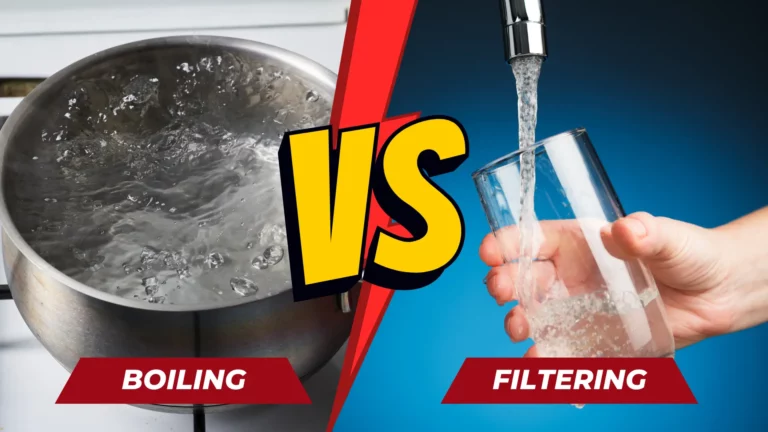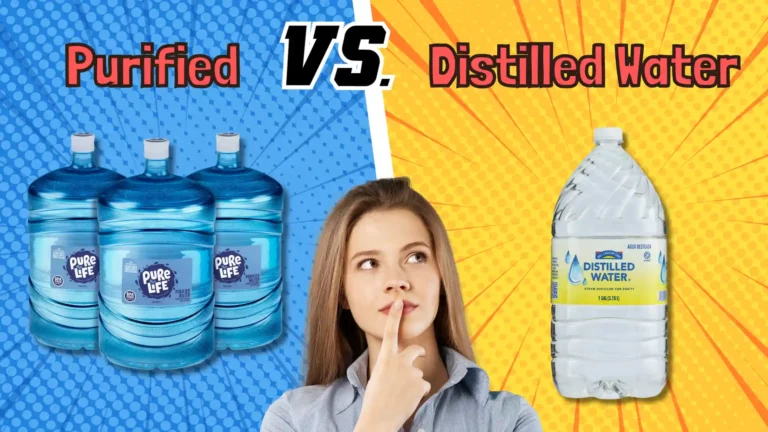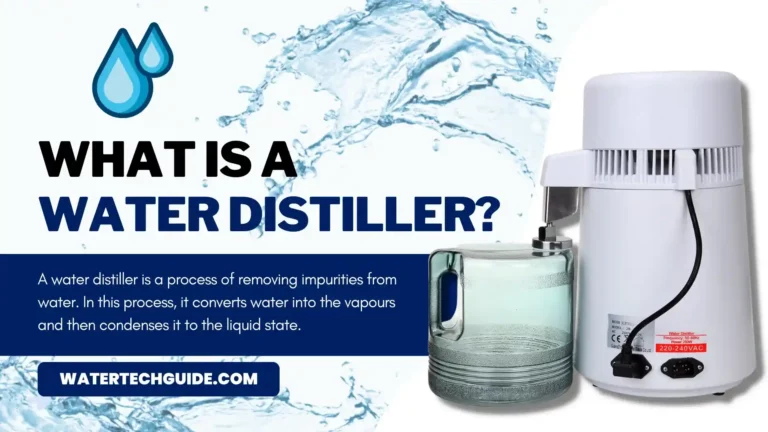How to Prolong the Life of Your Whole House Water Filter
Most whole house water filters have a lifespan of around six months. Depending on the quality of your water, you may need to replace your filter more or less frequently. But with a few simple tips, you can prolong the life of your filter while still keeping a steady supply of clean and fresh filtered water!
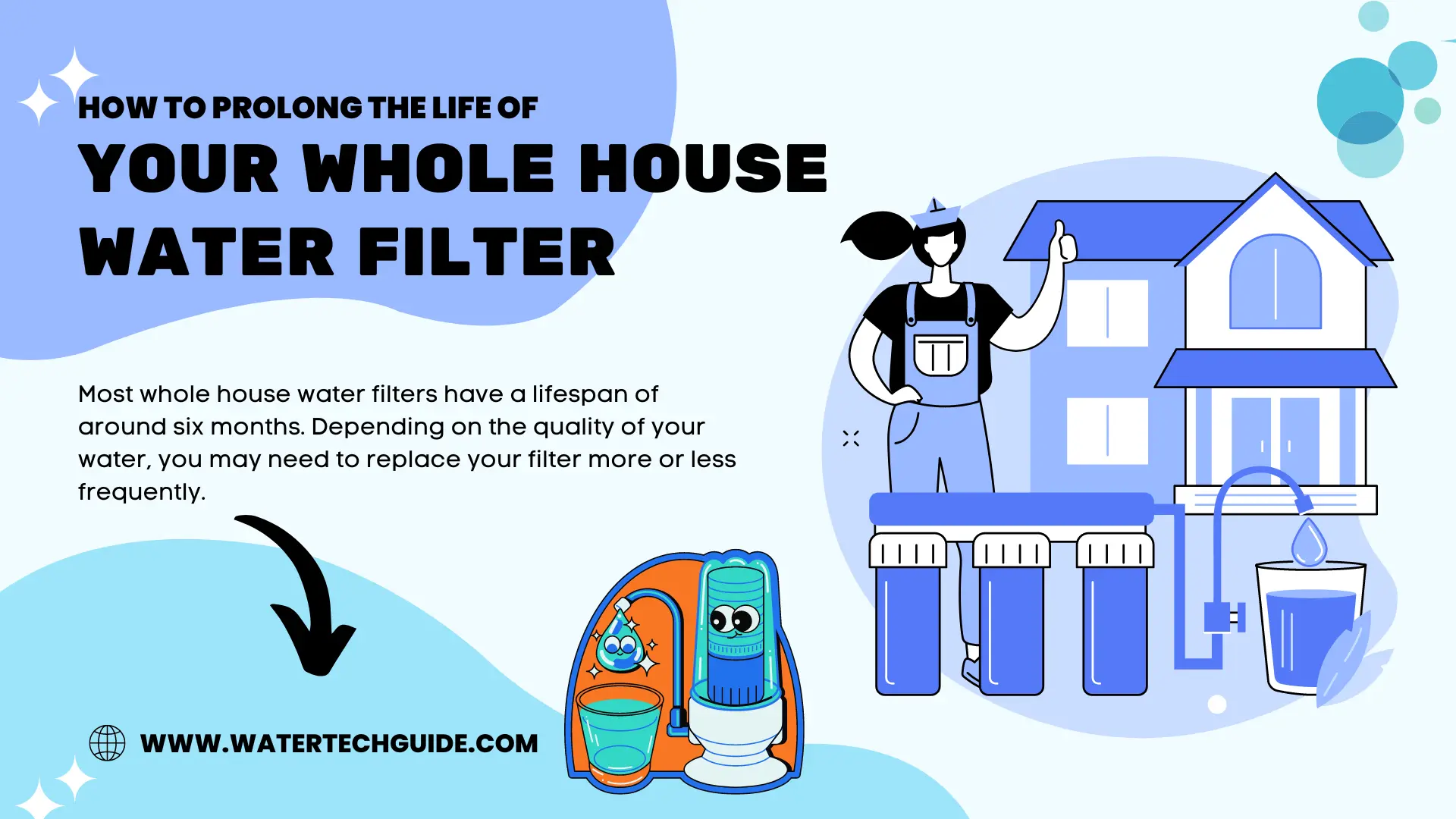
Also, not knowing how frequently to replace the whole house water filter is one of the most typical problems filter owners have. An old clogged filter means your filter will not be working efficiently, resulting in wasted wash water and poor water quality. Additionally, not changing your filter regularly enough can cause it to become clogged, reducing water flow and putting extra strain on your plumbing.
No matter your reason for wanting to know how to prolong the life of your whole house water filter, we’re here to help.
The Best Way to Prolong a Water Filters Life
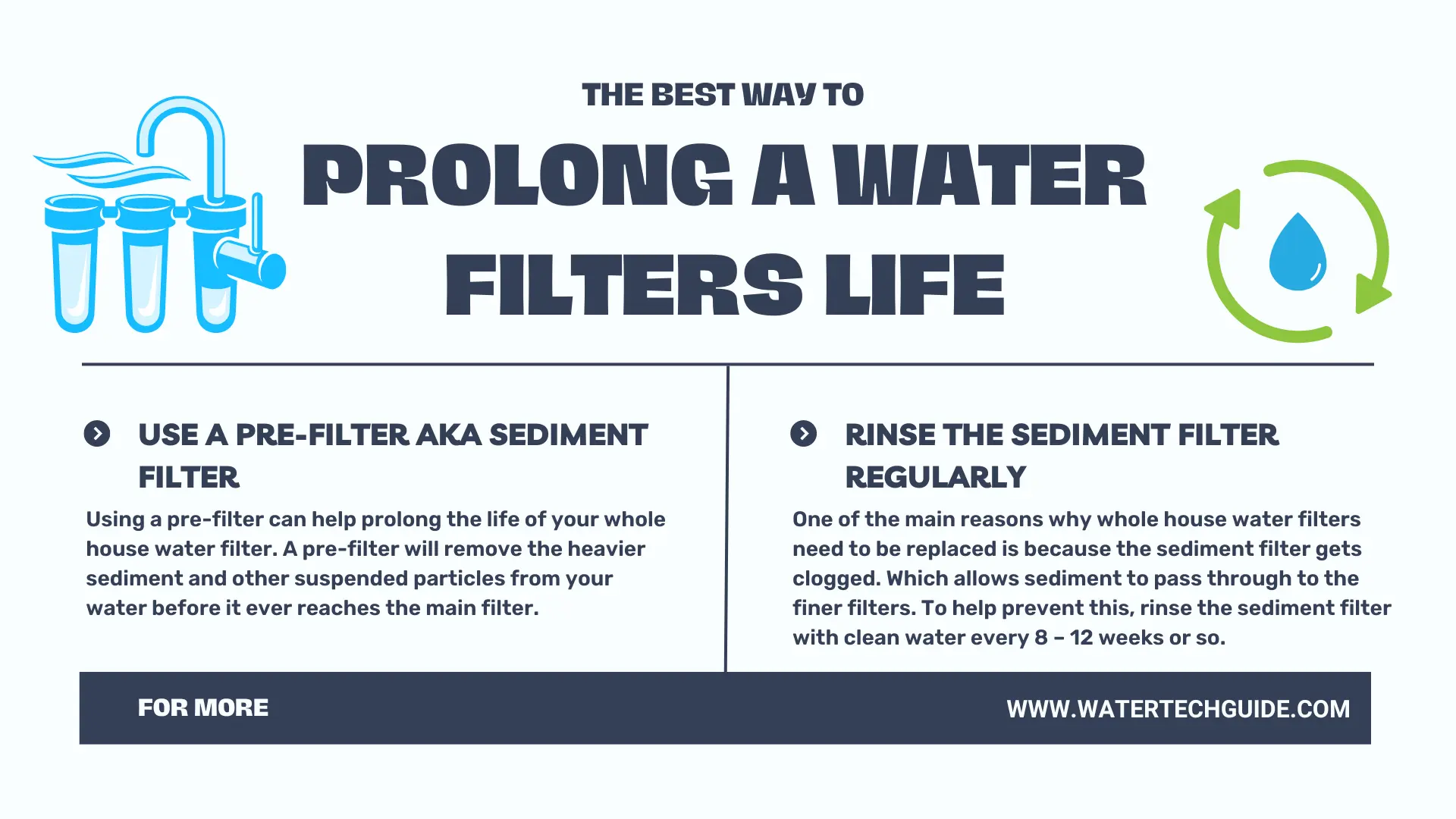
Use a Pre-filter AKA Sediment Filter
Using a pre-filter can help prolong the life of your whole house water filter. A pre-filter will remove the heavier sediment and other suspended particles from your water before it ever reaches the main filter. This means that your main filter will last longer because it won’t have to work as hard.
Rinse the Sediment Filter Regularly
One of the main reasons why whole house water filters need to be replaced is because the sediment filter gets clogged. Which allows sediment to pass through to the finer filters. To help prevent this, rinse the sediment filter with clean water every 8 – 12 weeks or so. This will help remove any buildup that could cause the filter to become clogged and stop working properly.
Simply remove the filter, drain the canister and drop the filter into a bucket of clean water and vinegar (equal parts). Allow it to soak for 30 minutes. This will dissolve any limescale that has built up in the filter membrane.
After 30 minutes, remove the filter and rinse it thoroughly with clean water. The difficulty is of course your water will be turned off while the filter is out, so you may want to as your neighbor if you can borrow their hose. Or get a small submersible pump that you can place in a large bucket, connect it to a hose and use this to wash the filters.
Water Filters and Their Importance in Maintaining Clean Water in the Home
Water filters are essential for keeping your home’s water clean and potable. Various water filters are available on the market, including whole house water filters. These filters are intended to filter all of the water that enters your house, ensuring that it is safe and clean for drinking, cooking, and bathing.
Whole house filters also extend the life of your expensive appliances like dishwashers and water heaters by removing limescale that could build up on the inside of these appliances.
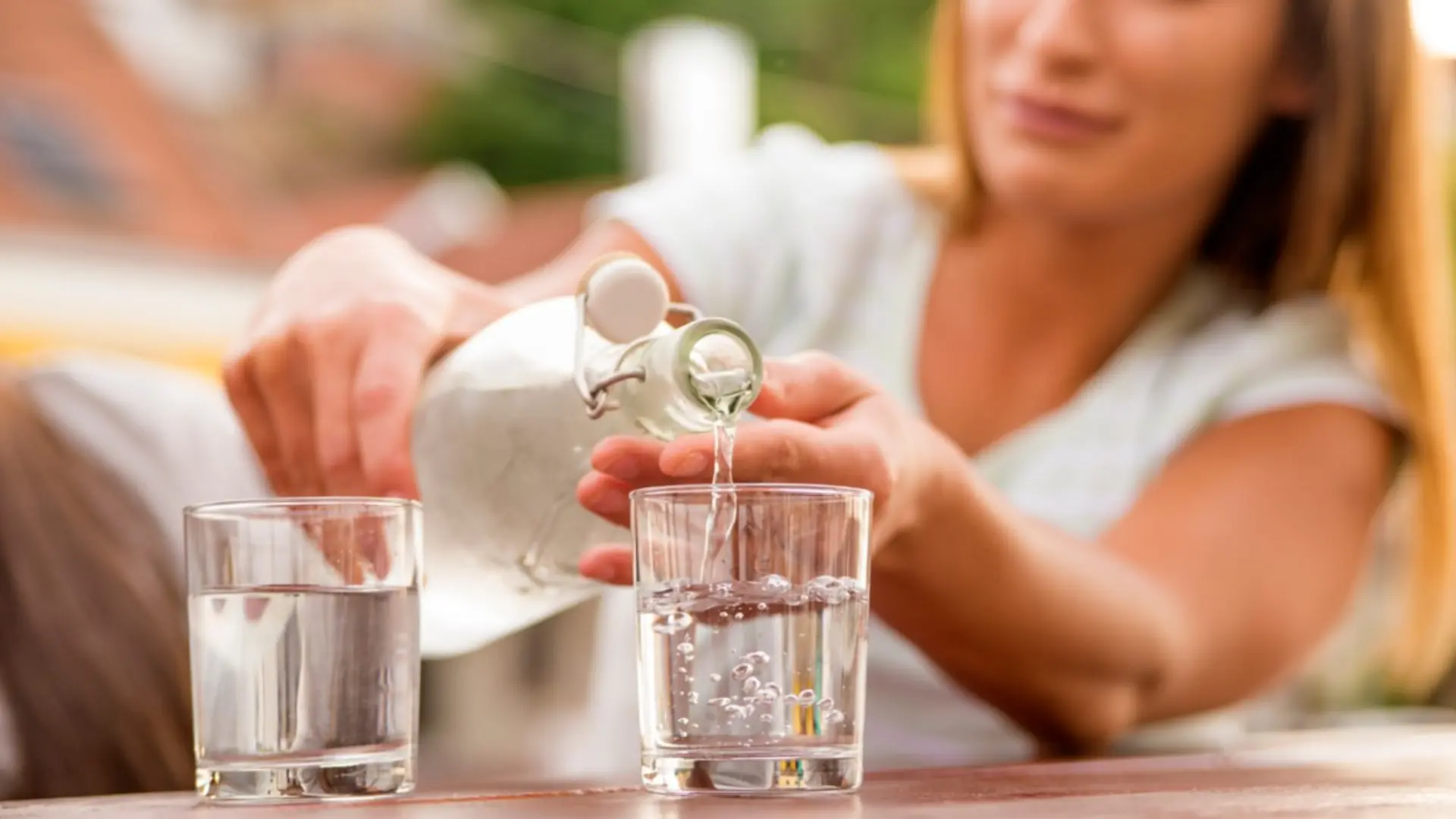
It’s essential to change your water filter regularly to ensure effectiveness. The frequency with which you need to change your filter will depend on a few factors, such as your water quality and how much water you use. You should change your whole house water filter every three to six months as a guideline.
However, if you have high-quality water and don’t use a lot of it, you may be able to stretch this timeframe to 12 months. On the other hand, if you have low-quality water and use a lot of it, you may need to change your filter more frequently.
Discuss the Different Types of Water Filters Available on the Market, Including Whole House Water Filters
Water filters come in a variety of different types and styles. The type of filter you need will depend on your specific water quality needs and the size of your home. Water filters in the whole house, such as under-the-sink models, are intended to filter all water entering your home. These filters are typically more extensive and more expensive than other filters, but they provide clean, safe water for drinking, cooking, and bathing.
Other common types of water filters include :
Advantages and Disadvantages of Each Type
Each type of water filter has its advantages and disadvantages. Whole house filters are generally more expensive than under sink, or individual faucets water filters, but they have the advantage of filtering all of the water that enters your home.
Faucet-mounted filters are less expensive than whole house water filters, but they only filter the water from your tap, offering no protection to appliances, or shower screens.
Pitcher filters are the least expensive option, but they can only filter a small amount of water at a time and are not usually as effective as other filters. Countertop filters are more expensive than pitcher filters, but more affordable than a whole house filter, and some can filter a considerable amount of water.
A Whole House Water Filter Based on Water Quality and Usage
As a general rule, you should change your whole house water filter every 3-6 months. The amount of time it takes to change your filter, on the other hand, is determined by several things, including the quality of your water and how much water you use.
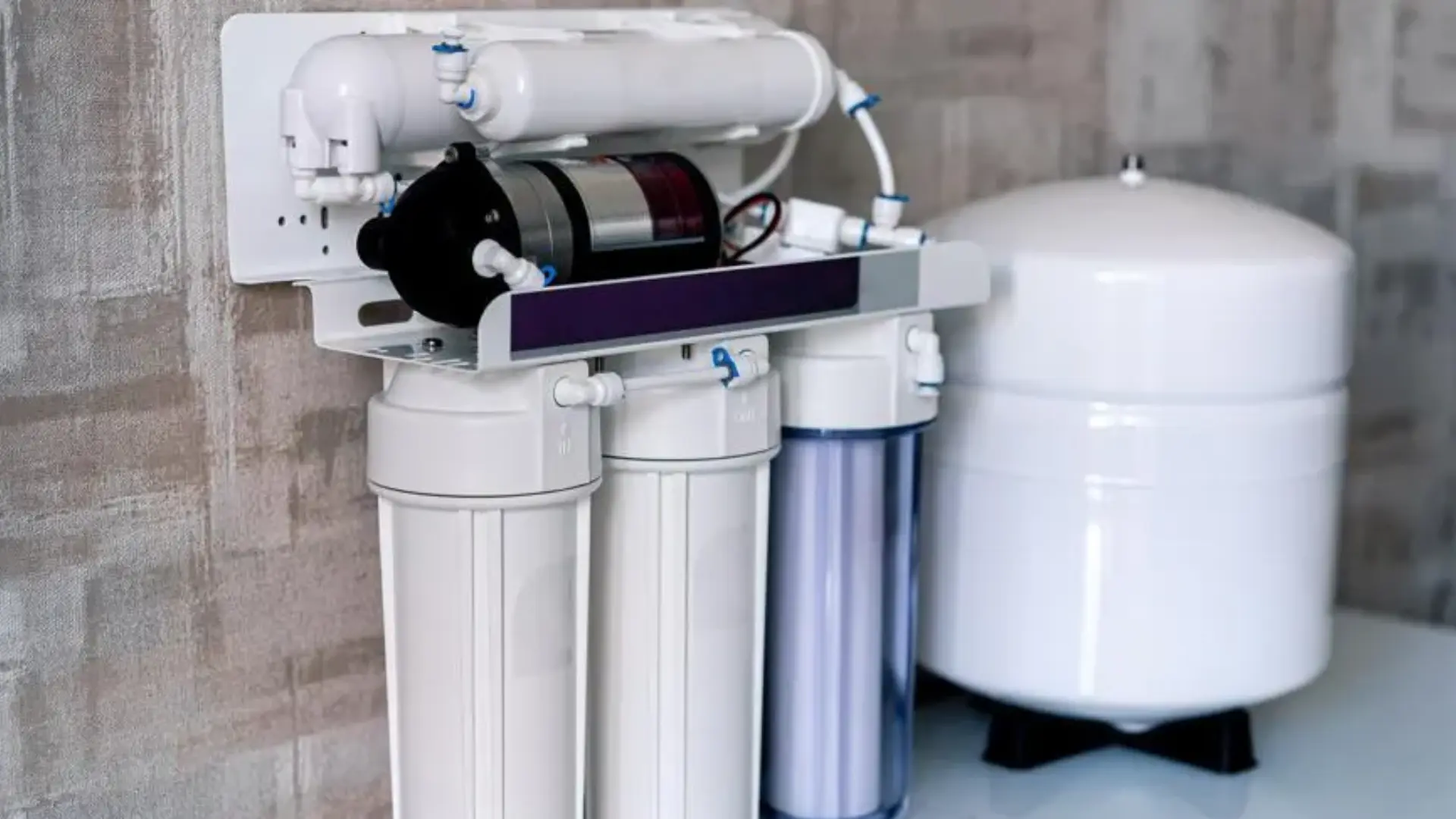
If you have high-quality water and don’t use a lot of it, you may be able to stretch this timeframe to 12 months. Be sure to follow the maker’s instructions and check your filter regularly for indications of wear and tear. Additionally, it’s a good idea to keep a spare filter on hand so that you can change it out as needed.
Share Additional Resources on Water Filters and Their Maintenance
If you’re looking for more information on water filters and their maintenance, a few great resources are available. The CDC has a helpful guide on choosing and using home water filters. Additionally, your local hardware store or water treatment plant can likely offer additional resources and advice.
How Do I Know When to Change My Water Filter?
You should change your whole house water filter every three to six months as a guideline. However, if you have high-quality water and don’t use a lot of it, you may be able to stretch this timeframe to 12 months. On the other hand, if you have low-quality water and use a lot of it, you may need to change your filter more frequently. The real way to know is to keep an eye on the taste, but to be sure you can always invest in a cheap water test kit. There are two main types a test for total dissolved solids TDS and testing for Ph and dissolved chemicals, a dip test. We recommend below combination pack.
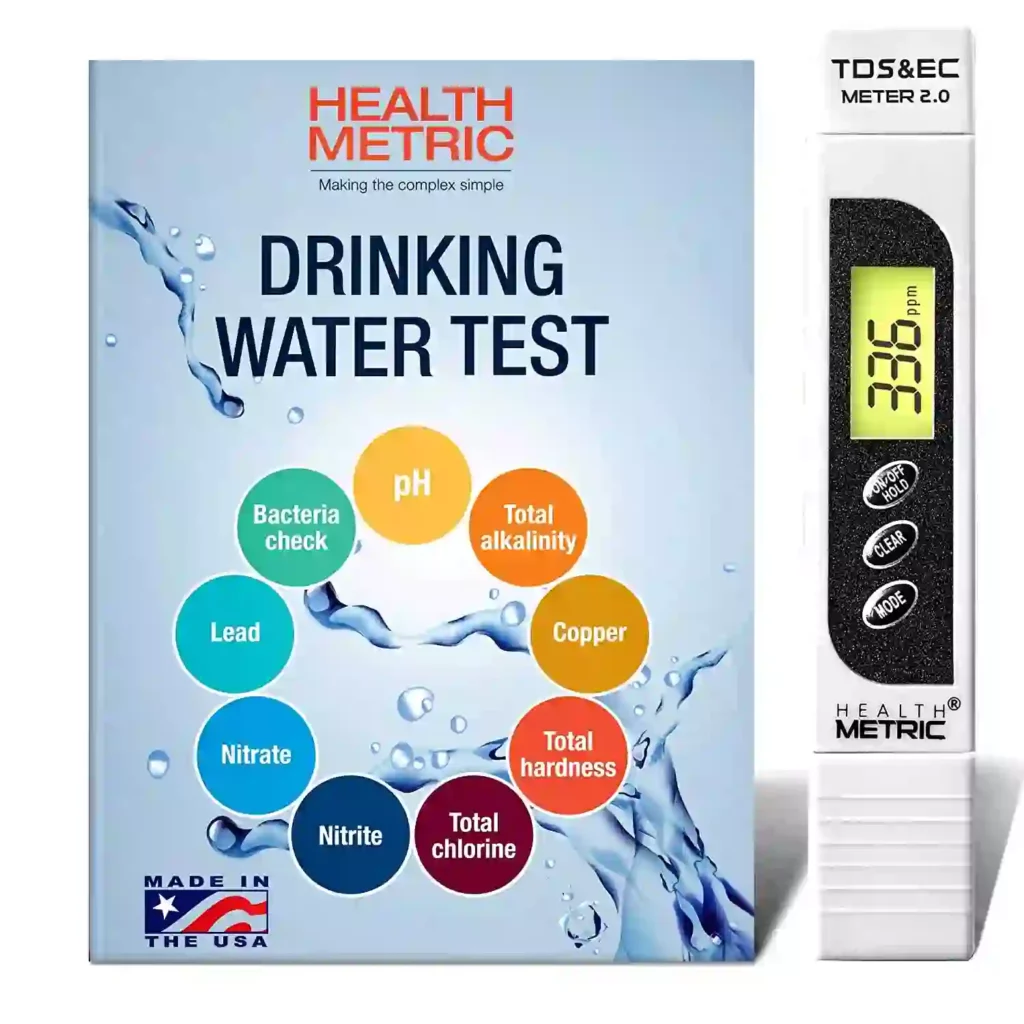
What Are the Different Types of Water Filters?
Water filters come in a variety of different types and styles. The type of filter you need will depend on your specific water quality needs and the size of your home. For a whole home filter, you will probably not want to use a reverse osmosis system as they are slow and waste a considerable amount of water. For a whole-house instead, you will be looking at a 3 stage membrane filter system.
As the name suggests, a 3 stage membrane filter system has 3 stages of filtration. The first stage is a sediment filter which removes larger particles such as dirt, sand, and rust. The second and third stages remove chlorine, chemicals, and pesticides.
Conclusion
Whole house water filters are a great way to ensure that your family has access to clean and fresh water. However, they do have a limited lifespan. By following the tips above, you can prolong the life of your filter and make sure that it lasts as long as possible.
